What Is the Iphone 7 Plus Made of
iPhone 13 vs iPhone 12: which is for you?
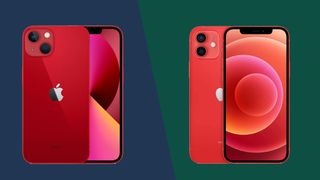
Apple has released its new smartphone range, and the iPhone 13 is almost certain to be the most popular among them.
But how does this new phone compare to its immediate predecessor, the iPhone 12? We've spent lots of time with both phones, and have some definite ideas on the level of progress Apple has made here.
Let's take a look at how these two phones stack up.
iPhone 13 vs iPhone 12: price and availability
The iPhone 13 hit shops on September 24, 2021, just short of a year on from the iPhone 12, which landed on October 23, 2020.
Pricing remains similar to the iPhone 12, but there are a few changes due to shifts in storage provisions and currency markets.
You're looking at a starting price of $799 / £799 / AU$1,349 for the entry 128GB model, climbing to $899 / £879 / AU$1,519 for 256GB and $1099 / £1079 / AU$1,869 for 512GB.
At launch, the iPhone 12 started at $799 / £799 / AU$1,349 for the 64GB model, moving up to $849 / £849 / AU$1,429 for 128GB and $949 / £949 / AU$1,599 for 256GB.
As you may have noticed, beyond the starting prices remaining broadly the same, prices are slightly different for the higher storage capacities. But then, those storage capacities have received a bump up, with the introduction of a new 512GB top tier.
Also, UK prices have benefited from Apple's recent currency rebalance, meaning that British buyers are getting a little more for their money this time around.
One other important note: Apple is keeping the iPhone 12 around for a second year, and has dropped the pricing accordingly.
The 64GB model now costs $699 / £679 / AU$1,199 for the 64GB model, moving up to $749 / £729 / AU$1,279 for 128GB and $849 / £829 / AU$1,449 for 256GB.
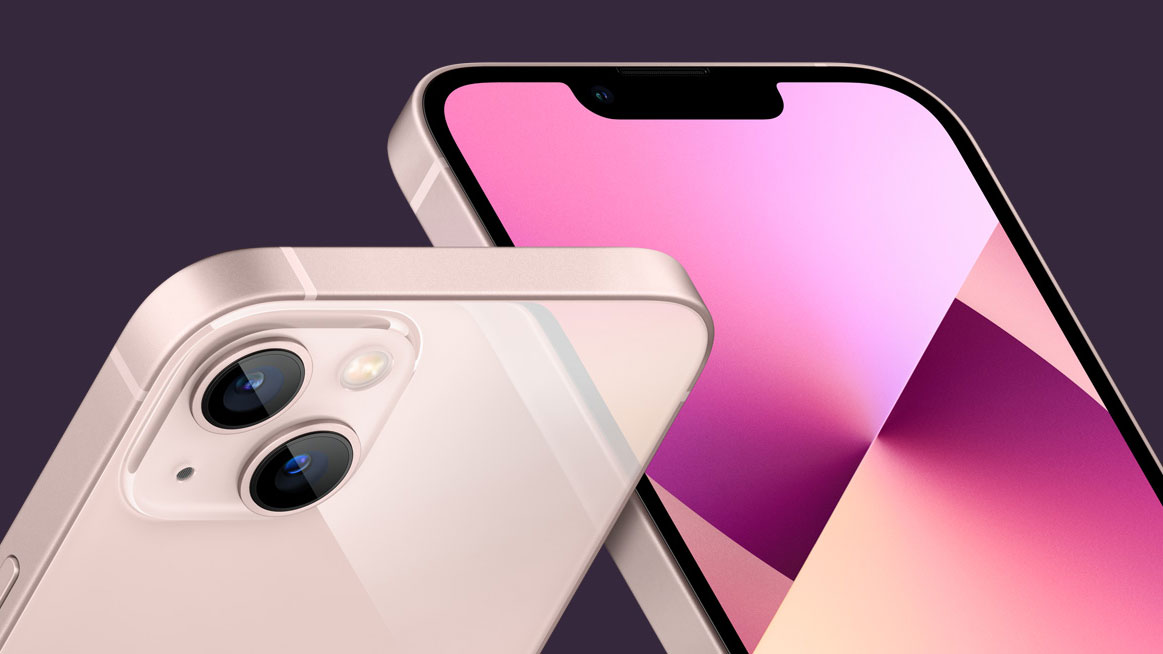
iPhone 13 vs iPhone 12: design
Apple's phones had taken on a slightly overfamiliar look until the iPhone 12 arrived. Suddenly, out went the curves in back in came the sharp industrial edges for the first time since 2016's original iPhone SE.
Given last year's angular overhaul, it's no surprise to see the iPhone 13 sporting a very similar design to the iPhone 12.
Going by Apple's design playbook, we probably won't be seeing a completely new iPhone design for a couple of years yet.
They're similarly proportioned too, but not identical. While the iPhone 12 measures 146.7 x 71.5 x 7.4mm , the iPhone 13 comes in at 146.7 x 71.5 x 7.65mm - so a fraction thicker. It's also 10g heavier than the 164g iPhone 12.

Both phones have aluminum rims and glass surfaces, but the colors differ a little. The iPhone 13 is set to come in Pink, Blue, Midnight, Starlight, and Product Red, while you can get the iPhone 12 in Black, White, Red, Green, Blue, and (eventually) Purple.
The most noticeable difference, other than those new colors, is the switch to a diagonally oriented dual-camera module. The iPhone 12 went with a vertical stack. The newer module is also bigger.
As a result of the iPhone 13's subtle expansion, iPhone 12 cases won't fit the newer device, which is a bit of a bummer.
Both phones share Apple's nano-crystalline Ceramic Shield screen technology, which makes these displays four times stronger than on previous phones.
There's IP68 ratings all round, too, which means that both phones can be immersed in six meters of water for up to 30 minutes.
Those rumors of a potential Touch ID return proved to be wide of the mark. You get Face ID with the iPhone 13, just as with the iPhone 12. Still, at least the notch is smaller by a healthy 20%, so there's more screen visible.
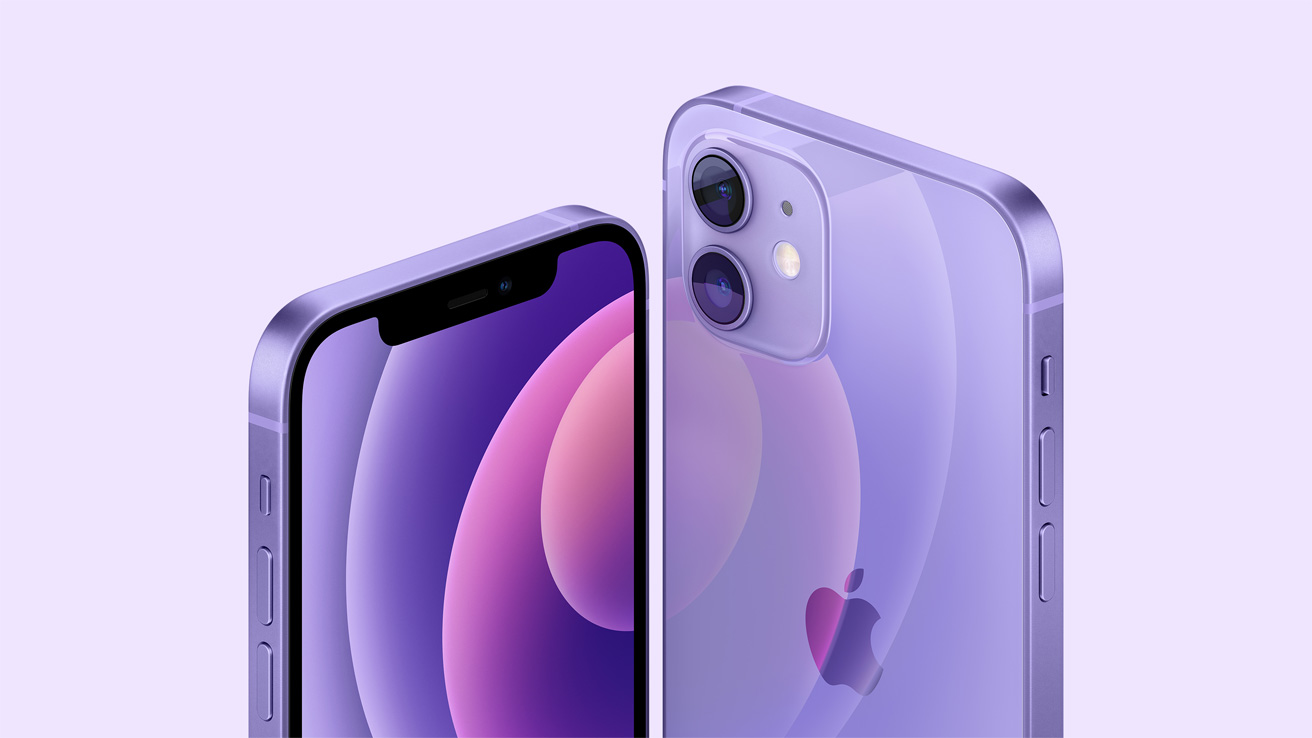
iPhone 13 vs iPhone 12: display
These phones sport very similar 6.1-inch Super Retina XDR OLED screens, with the same 1170 x 2532 resolutions.
The main difference here is that the iPhone 13 can hit a peak brightness of 800 nits, like last year's iPhone 12 Pro, making it 28% brighter than the iPhone 12's 600 nits. Both are capable of hitting the same 1200 nits under HDR conditions.
Apple also claims that the iPhone 13 display is more efficient than before. There's still no elevated refresh rate though, with the iPhone 13 as stuck on 60Hz as the iPhone 12. Unlike last year, there could be a very good reason to go Pro in late 2021.
That smaller notch does technically give you more screen space up in the top corners, but to be honest we didn't really notice a huge practical benefit.
All in all, this is something of a holding pattern year on the display front - though you do also get that smaller, less invasive notch.

iPhone 13 vs iPhone 12: cameras
Both of these phones pack dual 12MP cameras - one wide, one ultra-wide. But the iPhone 13 system is notably improved, with less noise in most scenarios than in comparable shots from the iPhone 12.
It's not hard to see why this is the case. The iPhone 13's 12MP wide sensor can suck up 47% more light than before, and captures chunky 1.7µm pixels versus the iPhone 12's 1.4µm.
You also get the sensor shift stabilization system that made shots freakishly steady on last year's iPhone 12 Pro Max, which is an impressive addition. The combination of larger sensor and superior stabilization means that low light shots are quite a bit better on the iPhone 13 than on the iPhone 12.
The newer phone's ultra-wide sensor also sees improvements, with a wider f/1.8 aperture compared to its pokey f/2.4 iPhone 12 counterpart. Again, it provides a step up in low light conditions.
As always, Apple's camera software is as important as its camera hardware - perhaps even more so.
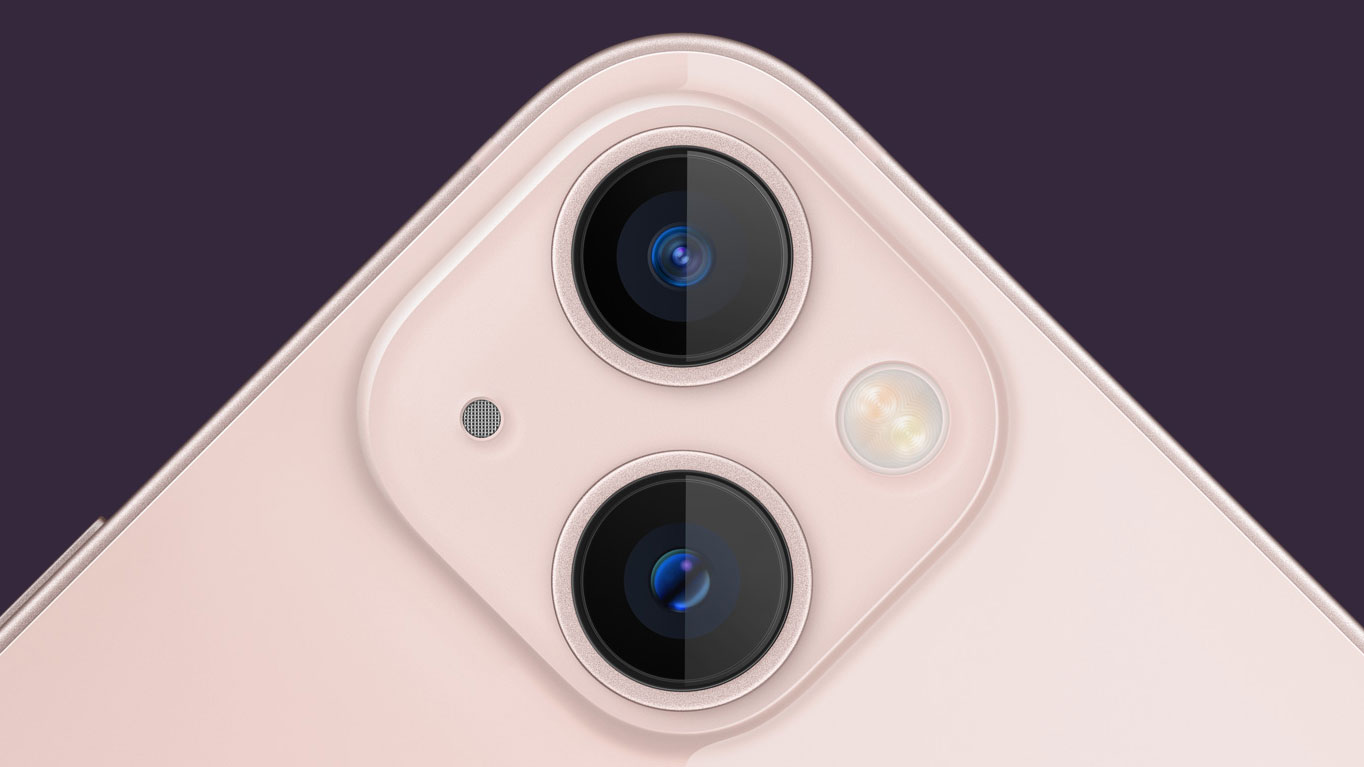
This year you gain Photographic Styles, which enables you to apply custom looks to all of your shots, from Rich Contrast to Cool. This goes beyond mere filters, fundamentally shifting the emphasis of the iPhone 13's shots without making things unnatural. It can be quite a subtle change as a result.
On the video front, the iPhone 13 gains a rack focusing 'Cinematic mode', which can intelligently pick and shift its focal point for results that are, well, cinematic. The way it automatically changes focus when subjects do, and anticipates when a subject is going to enter the frame, seems like borderline witchcraft.
It takes some playing around with to get the results you're after, but it's a fun addition.
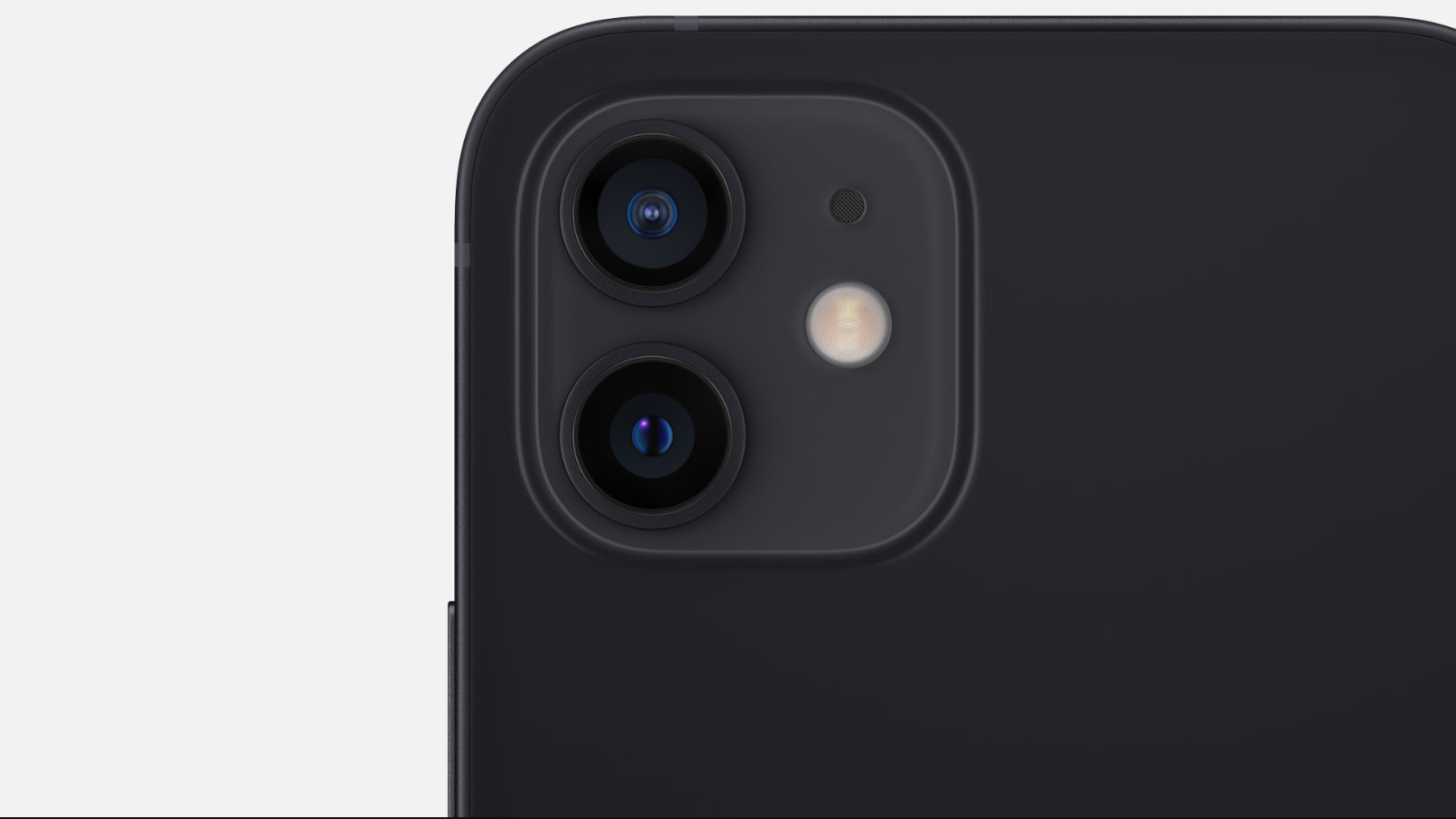
iPhone 13 vs iPhone 12: specs and performance
A new year, a new Apple A-series processor. It's as predictable as it is relentlessly impressive.
With the iPhone 13, that means a bump from the iPhone 12's A14 Bionic to a new A15 Bionic. They're both 5nm chips, but the A15 has received a healthy performance boost.
We're looking at a 6-core CPU that's 50% faster than the leading competition (presumably something from Qualcomm or Samsung - Apple didn't say), and a 4-core GPU that's 30% faster than competition.
Its Neural Engine is capable of 15.8 trillion operations per second, as compared to the A14 Bionic's 11 trillion operations per second.
Again, there's more differentiation between the iPhone 13 and its Pro brother this year. The iPhone 13 Pro's A15 Bionic has an extra GPU core, providing a sizeable boost to graphical performance.
In the Geekbench 5 multi-core benchmark test, the iPhone 13 scored 4688 to the iPhone 12's 3859, which is a healthy improvement. Both scores smoke the latest Android phones.
In practical terms, we didn't notice that the iPhone 13 felt massively faster than the iPhone 12 in day to day tasks, though high end games certainly benefit from that meaty GPU. Anyone coming from an iPhone 8 or older will certainly notice the bump in performance across the board.
Apple also claims that the iPhone 13 supports more 5G bands than before. To be brutally honest, we can't see many people caring, unless they happen to work for a network operator.
We've mentioned it already, but let's celebrate the fact that Apple has finally done away with the 64GB entry storage provision, which has seemed outdated for some time now.
You're offered a choice of 128GB, 256GB, or 512GB of storage with the iPhone 13, whereas the iPhone 12 gave you 64GB for starters and peaked at 256GB.
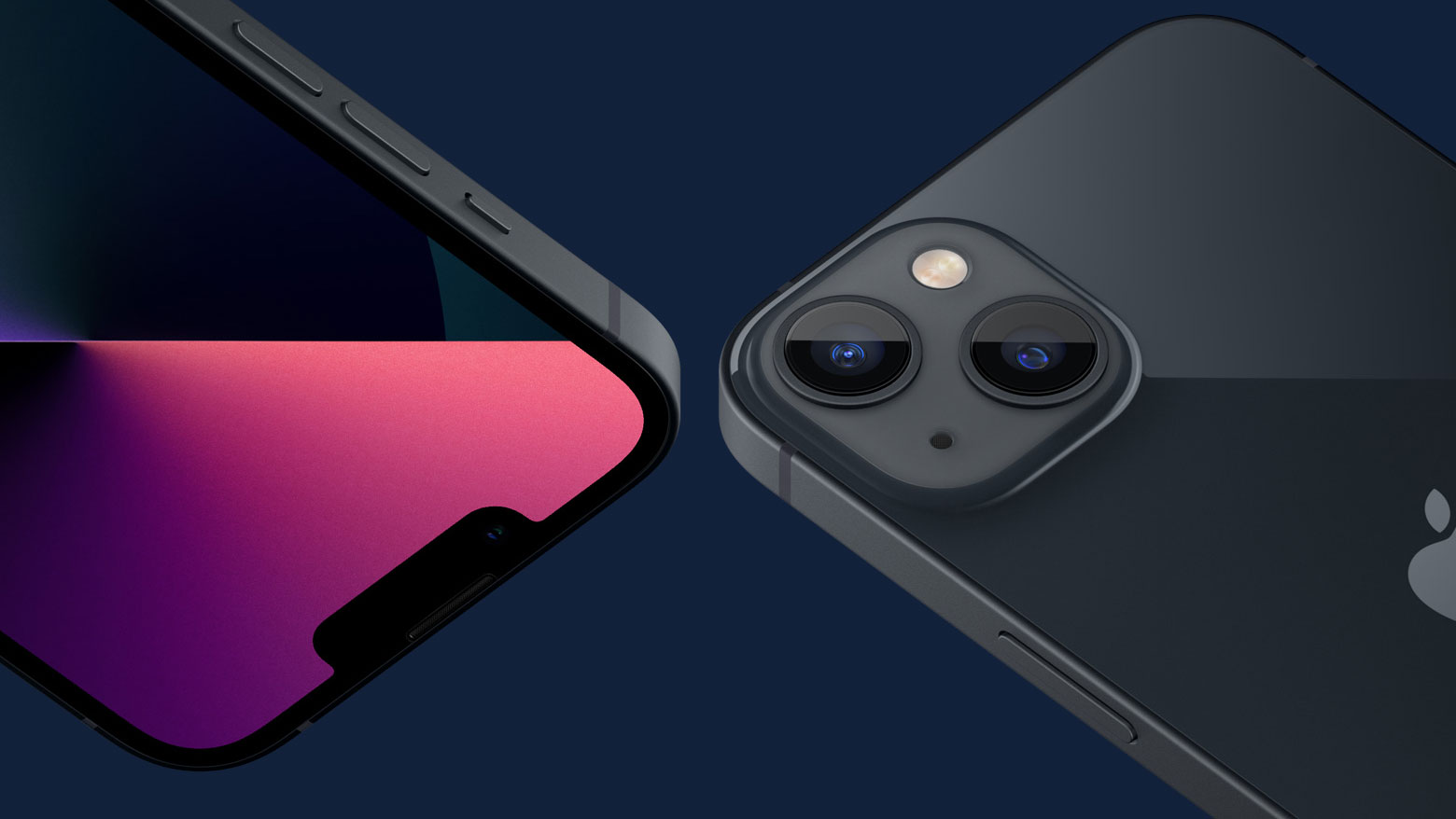
iPhone 13 vs iPhone 12: battery
The iPhone 12's 2815mAh battery represented an unfortunate rollback from its predecessor.
Thankfully, the iPhone 13 reverses the slide, packing in a larger battery. Apple doesn't tend to confirm how big its batteries are, but we now know that it packs a 3240mAh cell.
That's a big increase in capacity, which explains why Apple is claiming that you'll get 2.5 hours more out of the iPhone 13 on a single charge compared to the iPhone 12. Sure enough, we found the battery life to be significantly improved compared to the iPhone 12.
We got through each and every day of our test period with hours of charge to spare. Even on a 13-hour day where we pushed the battery to the limits, using the screen on full brightness for eight hours and 48 minutes, we were left with 20% in the tank.
While the iPhone 12 rarely left us sweating come the end of the day, 5G usage would drain its battery rather quickly, and video playback stamina was oddly worse than the iPhone 11 before it.
MagSafe returns for another spin, though there have been no second-generation improvements. The wireless charging rate remains at 15W.
Once again, you'll have to source your own 20W wired charger for the iPhone 13. When you do, you'll be able to get from 0 to 51% in 30 minutes, in our experience.
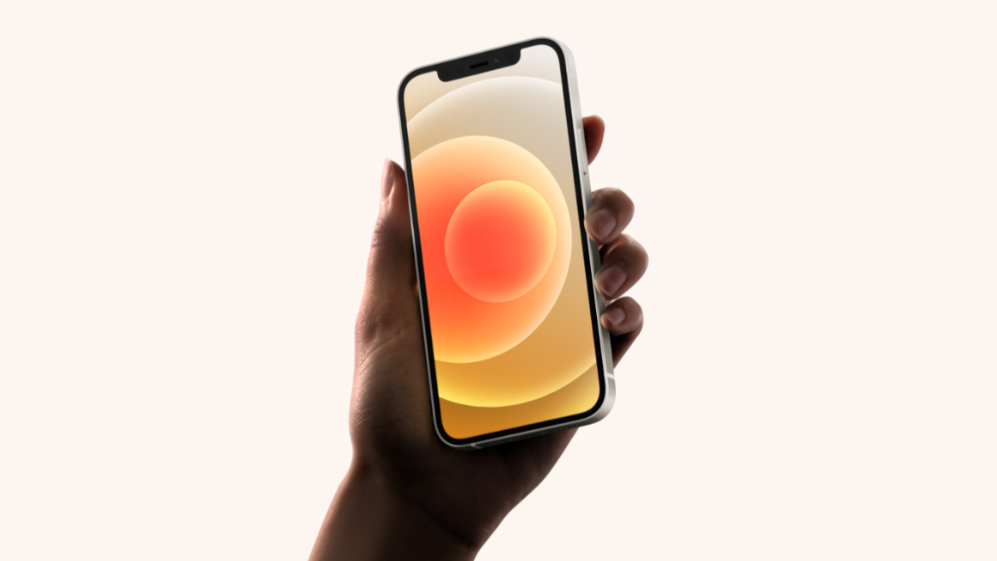
Takeaway
The iPhone 13 is a fine upgrade on the iPhone 12. It's probably not worth upgrading from one to the other, given their similar designs and roughly comparable feature-set, but anyone using an older phone like the iPhone 8 will see a marked improvement.
Battery life is perhaps the most consequential improvement here, and the iPhone 13 will get you through a day of intensive usage in a way that the iPhone 12 always struggled to do.
The iPhone 13's camera, meanwhile, represents a big step up from the iPhone 12. It's closer to last year's iPhone 12 Pro Max in many ways, with a huge sensor and advanced stabilization. It takes noticeably superior shots, especially in low lighting.
Performance has taken a large step forward too, though that won't be immediately noticeable in day to day usage. The iPhone 12 is still a fast phone, after all.
All in all, iPhone 12 users can rest easy for another year at least. But for everyone else, the iPhone 13 is superior in all the ways that count.
- Apple iPhone 13 launch event – 6 things you might have missed
What Is the Iphone 7 Plus Made of
Source: https://www.techradar.com/news/iphone-13-versus-iphone-12
0 Response to "What Is the Iphone 7 Plus Made of"
Post a Comment